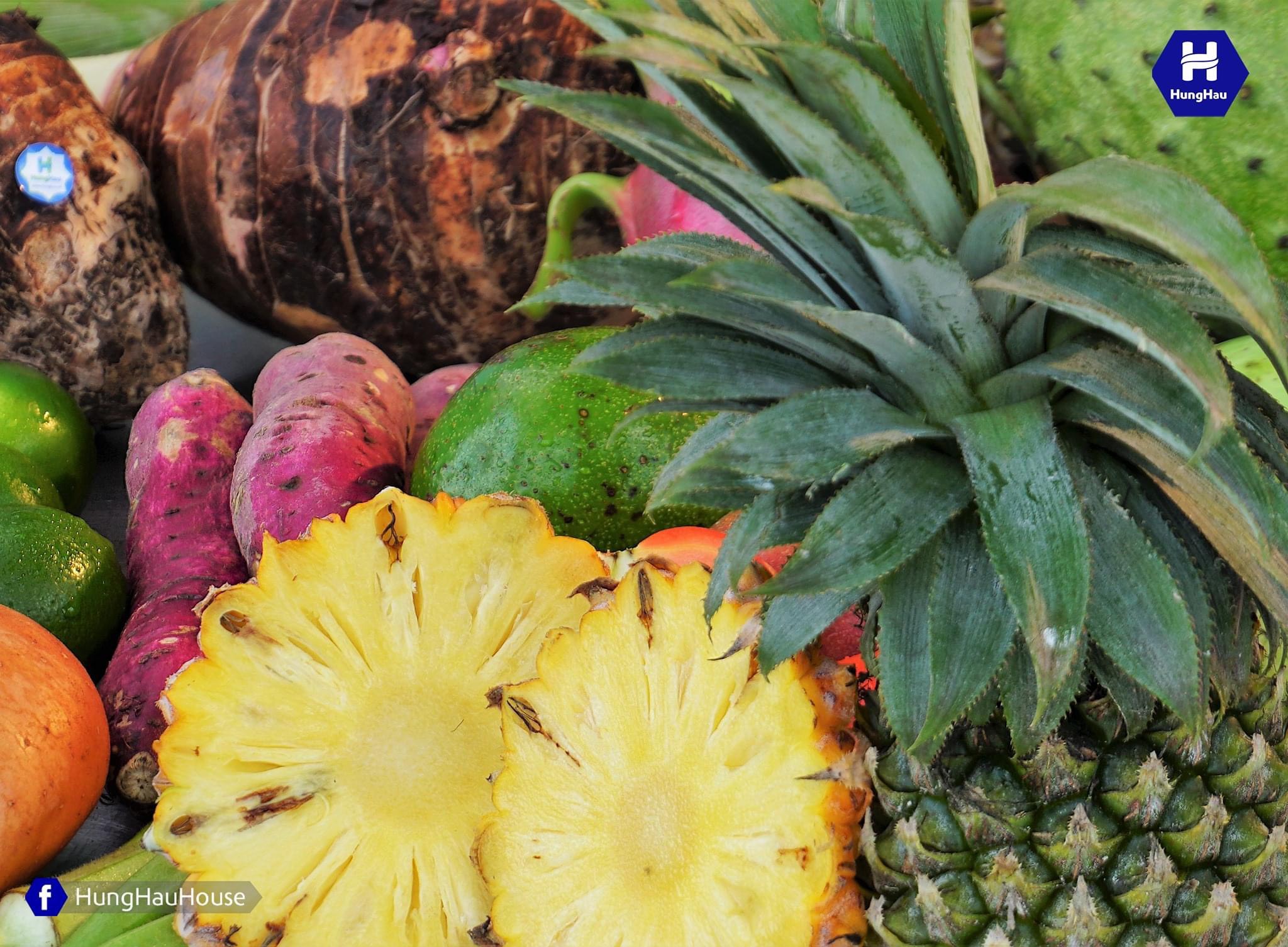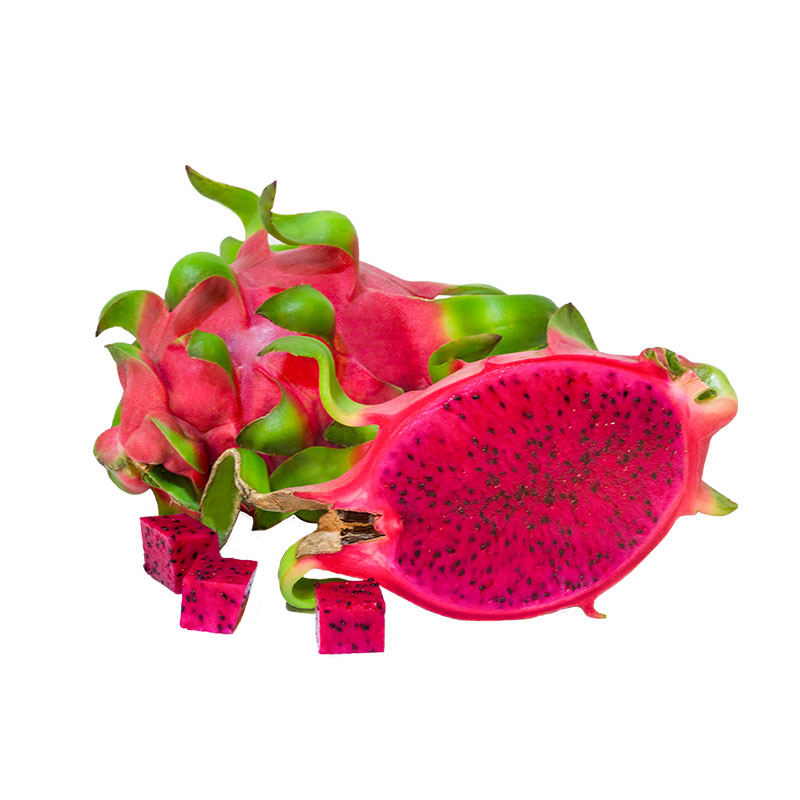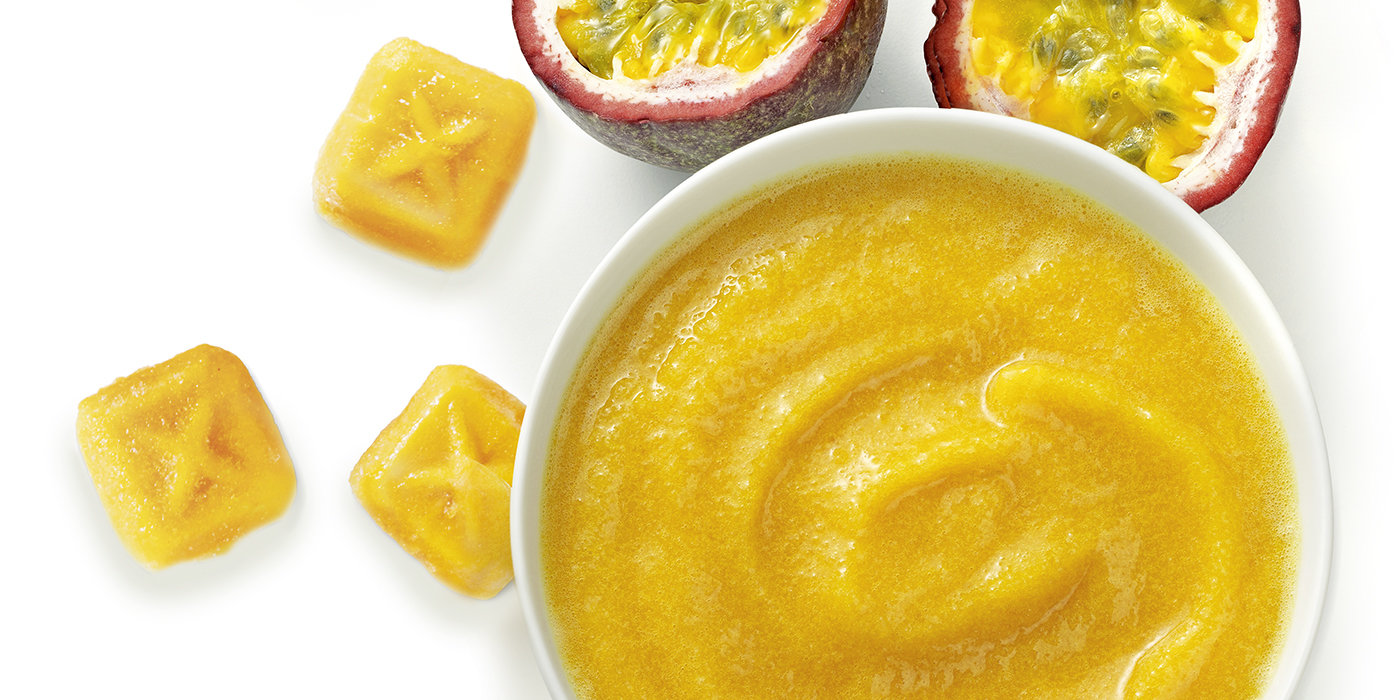Agricultures, Foods, HungHau, News & Event
Vietnam’s agricultural products and processed foods are constantly ‘marking’ on the export map
(Chinhphu.vn) – Vietnam is currently the 11th largest supplier of processed fruits and vegetables to the United States, the number 1 source of cashew nuts in Germany and the largest source of coffee in the Federal market. Russia (by volume)…

Export of processed fruits and vegetables to the US grew by double digits
News from the Import-Export Department (Ministry of Industry and Trade), according to statistics from the US International Trade Commission, imports of processed vegetables (code) HS 20) of the United States in the period 2016 – 2020 average growth of 3.7%/year.
Despite the outbreak of the COVID-19 pandemic, the US imports of processed fruit and vegetables from Vietnam in 2020 reached $8.6 billion, up 1.8% compared to 2019 and the first nine months of 2021, the figure This amount has increased to 7.4 billion USD (up more than 17% compared to the same period in 2020).
According to the Import-Export Department, in the first nine months of 2021, the United States imported 171.9 million USD of vegetables and fruits, up 49.9% over the same period in 2020. In which, the proportion of imports from Vietnam accounted for 2. .3% of total import value. Vietnam is currently the 11th largest supplier of processed fruits and vegetables to the United States.

Products favored by the US market include: Edible fruits, nuts and other parts of plants, prepared or preserved otherwise… (HS 2008) and fruit juices (including including grape must) and vegetable juices, unfermented and not containing added alcohol, whether or not containing added sugar or other sweetening matter (HS 2009) with the highest value.
It can be seen that the US market for imported processed fruits and vegetables from Vietnam is always at a high level, which proves that Vietnam’s processed fruit and vegetable products are gradually meeting the requirements of consumers. USA. However, with a large market like the United States, the room for export of processed vegetables and fruits of Vietnamese enterprises is very large.
Supply of cashew nut No. 1 in the German market
Besides processed vegetables, another typical agricultural product of Vietnam is cashew nut. Vietnam is currently the number 1 source of cashew nuts in the German market thanks to its stable output and guaranteed quality.
According to the Import-Export Department, citing statistics from the International Trade Center (ITC), Germany imported cashew nuts from Vietnam in the first nine months of 2021, reaching 28.23 thousand tons, worth $201.21 million. , down 1.7% in volume and 7.0% in value over the same period in 2020. However, Vietnam’s cashew nut market share in Germany’s total imports still increased from 57.51% in the first 9 months of 2020 to 62.46% in the first 9 months of 2021.
The agency said that, in terms of supply structure, Vietnam is still the No. 1 source of cashew nuts in the German market thanks to stable output. and quality guaranteed. The prospect of Vietnam’s cashew exports to the German market will be positive in 2022 thanks to the advantage of the EU-Vietnam Free Trade Agreement (EVFTA).
Germany is the largest cashew nut import market in the European Union (EU), accounting for 29% of the total volume and turnover of the whole bloc. The demand for cashew nut consumption in Germany is continuously increasing due to high demand from the food processing industry and the final consumer demand of the people.
The German cashew nut market is heavily focused on the snack segment, while demand for cashews and broken nut comes from the burgeoning food industry. Cashews are mainly used in the German market as a salt-roasted snack. Recently, cashew kernels are also used a lot for the food industry. German consumers increasingly prefer cashews, in addition to their health benefits, cashews have a more competitive price than other nuts such as almonds.

The largest supply of coffee to the Russian market (by volume)
According to the Russian Customs Service, in the first nine months of 2021, Russia’s coffee imports reached over 182,000 tons, worth $565.74 million, up by 6 percent. 4% in volume and 20.6% in value over the same period in 2020.
In the first nine months of 2021, Russia imported over 61,000 tons of coffee from Vietnam, worth $116 million, down 8% in terms of volume. volume, but increased by 4% in value over the same period in 2020. Vietnam is currently the largest supplier of coffee to Russia by volume. In terms of turnover, Vietnamese coffee ranks second in the Russian market after Brazil (US$133 million in the first nine months of the year).
Currently, Russia is the 7th largest coffee importer in Europe, about 57% of Russia’s coffee imports are Robusta and 43% are Arabica. Russian coffee consumption accounts for 3% of global consumption with consumer tastes shifting from tea to coffee.
Coffee is one of Vietnam’s main export agricultural products, and Vietnam’s coffee exports are currently ranked second in the world, just behind Brazil. Vietnamese coffee is now present in more than 80 countries and territories around the world, mainly in major markets such as Germany, USA, Spain, Italy, Belgium, UK and emerging markets. such as China, Russia, Korea, Japan, etc.
In recent years, Vietnam’s coffee industry has changed a lot, in addition to exporting green coffee, Vietnam has stepped up processing and exporting roasted and ground coffee, taking full advantage of the benefits of coffee beans. Free trade agreement, aiming to export 6 billion USD by 2030. In the trade agreements that Vietnam has signed, all markets are open to processed Vietnamese coffee products. South with preferential tax rates from 0-5%.
Singapore wants to cooperate in the production of agricultural products and processed foods with Vietnam
Not only marked on the map of exporting agricultural products, Vietnam is also an attractive destination for cooperation in exporting agricultural products.

Ms. Tran Thu Quynh, Commercial Counselor, Vietnam Trade Office in Singapore said: Although there is no agriculture, Singapore has a very large proportion of processed food exports. The country also has ‘ambition’ to become a Global Halal Center (food and drink “allowed” under Islamic Law) and pays special attention to the processed food industry. Processed food manufacturers pay great attention to the ingredients. Therefore, Vietnamese enterprises can seize the opportunity to export product materials for processed foods in general and Halah foods in particular.
In addition, Singapore also plays the role of a transit country for goods to a third country market. Singaporean importers have a network of relationships with Chinese customers around the world, importing goods from many countries. countries for transshipment to very specific countries that are difficult for businesses from other countries to access.
Vietnam and Singapore are the only two countries in ASEAN that have signed a Free Trade Agreement with the European Union (EU) and the United Kingdom. In which, according to the EU – Singapore Free Trade Agreement (EUSFTA), the EU side gives Singapore an export quota of 2,500 tons of food, and this figure is for the free trade agreement between Singapore and the UK ( UKSFTA) is 500 tons. So far, Singapore’s export volume to these markets has not met the above quotas.
Meanwhile, products made in Vietnam with Singapore’s trademark or products using raw materials from Vietnam produced for Singapore products are still eligible for tax exemption in the above markets.
“Singaporean enterprises have a great interest in the supply of Vietnamese goods, looking for partners to exploit the principle of origin, the cumulative principle of origin of the signed agreements,” said Ms. Thu Quynh said.
